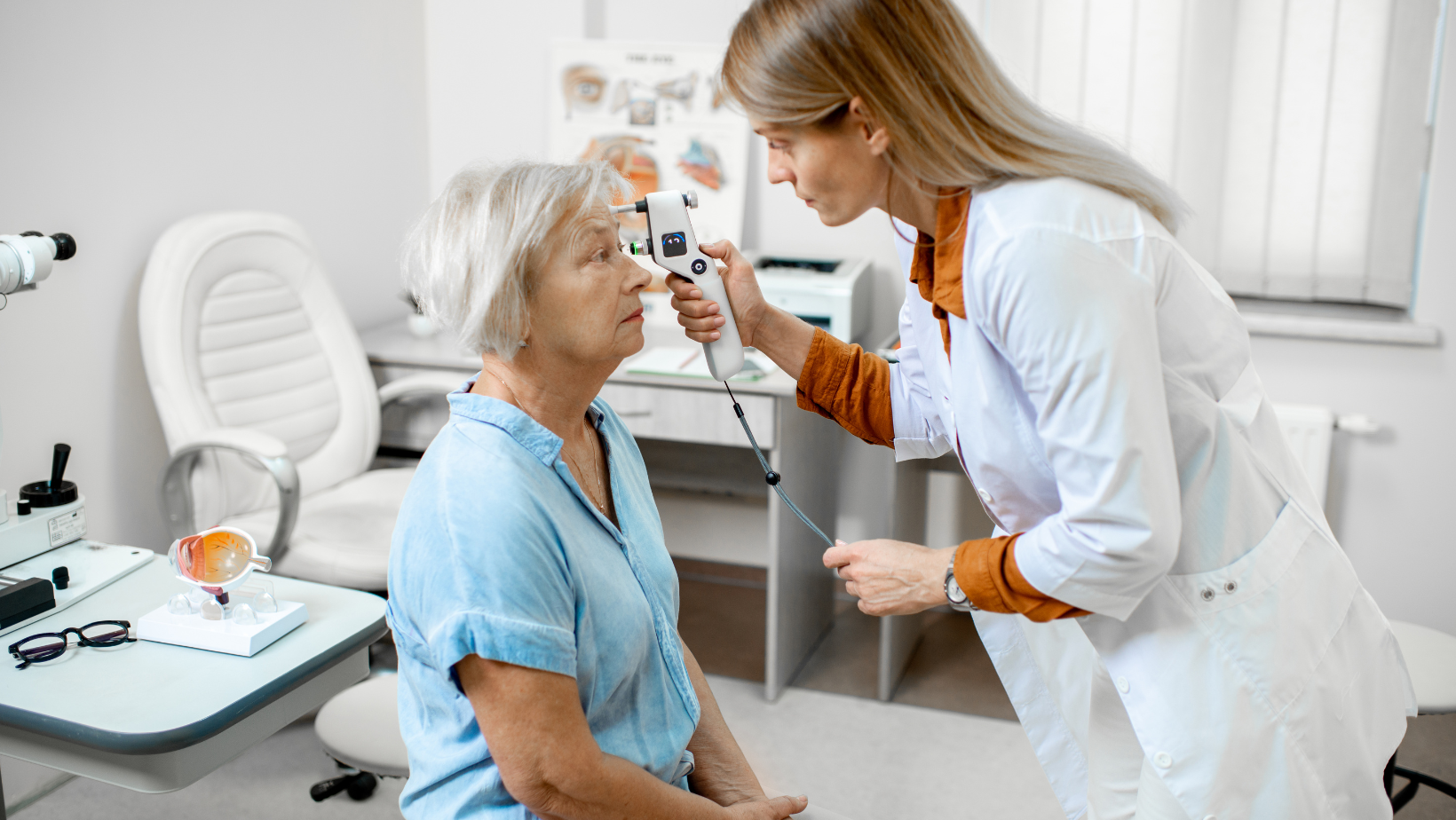Cataracts and the Elderly
Cataracts and the Elderly

As people age, the brain and body also age, and experience different signs of decline. Cataracts are a common health condition among the elderly, making it difficult for them to complete tasks or enjoy simple hobbies. The good news is that professional caregivers can provide medical treatment and help the elderly enjoy activities from the comfort of their home.
What Are Cataracts?
When you have a cataract, your vision becomes blurry. It may appear you’re looking through a filmy window. This happens because the natural proteins in your eyes break down and prevent light filtering.
Recognizing the Signs
Cataracts form slowly, and you may not know you have one until you experience certain symptoms. Cloudy vision, double vision, and nearsightedness are common symptoms of cataracts. A doctor can use a few different tests to determine if you have cataracts and how to treat them.
Caring For Seniors With Cataracts
Most elderly people will experience cataracts at some point as they age. This vision loss can make daily tasks difficult for your loved ones. However, there are a few things you can do to improve their quality of life.
- Cooking their favorite meals
- Running errands or driving them to appointments
- Cleaning around the house and doing laundry
- Removing falling hazards from around the house
- Engaging in their favorite activities to boost their spirits
Caring for seniors with cataracts can take time and emotional support. Providing in-home senior care is an excellent way to give seniors the independence they want and the medical care they need. Professional caregivers can monitor medications and meet their needs in a familiar atmosphere.
Contact Philia Care Today
Contact Philia Care today if you want more information about cataracts and the elderly. We will gladly answer your questions on senior care and our services. We look forward to helping you!
While the information provided in this blog is intended to be informative and helpful, it's important to consult with a qualified professional for personalized advice. If you have any concerns or questions about your health or specific medical conditions, don't hesitate to reach out to your physician or another trusted healthcare provider. Your health is important, and seeking professional guidance ensures you receive the best care tailored to your individual needs.














